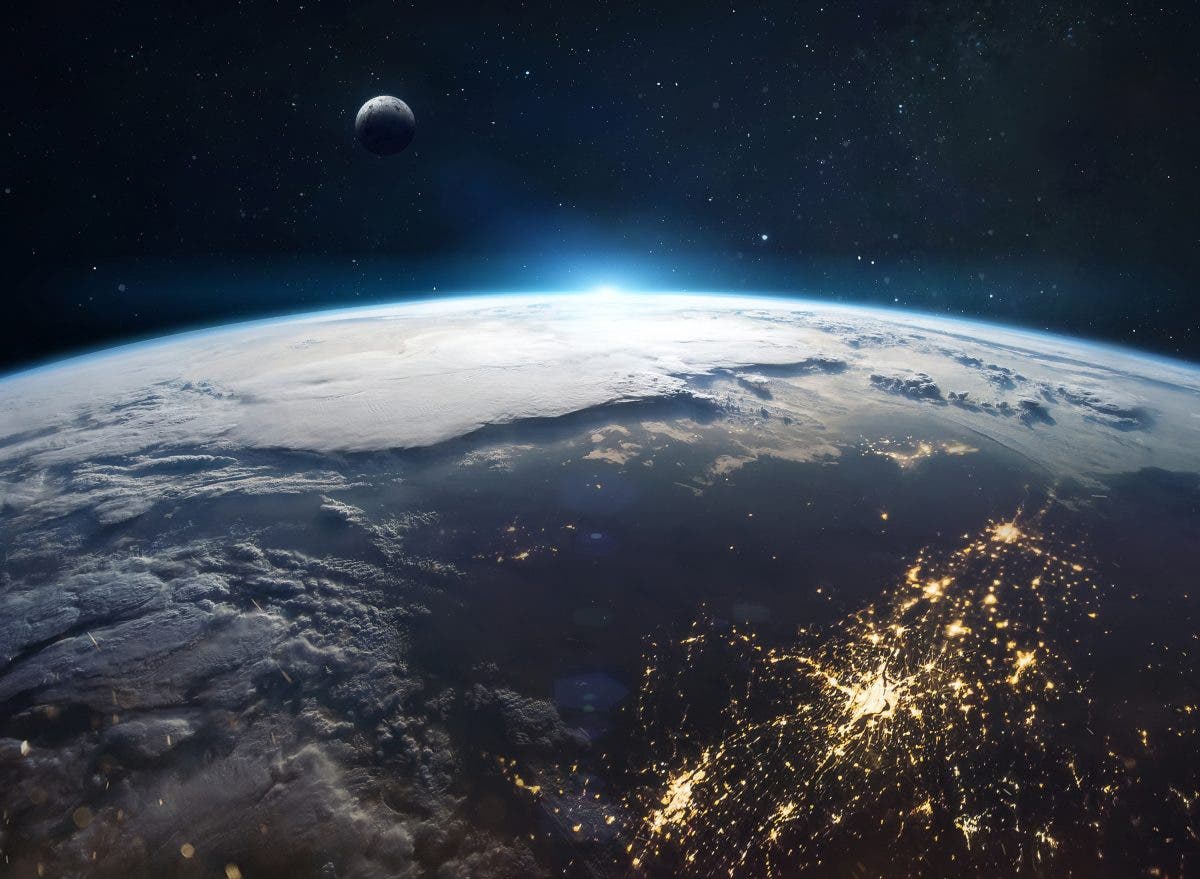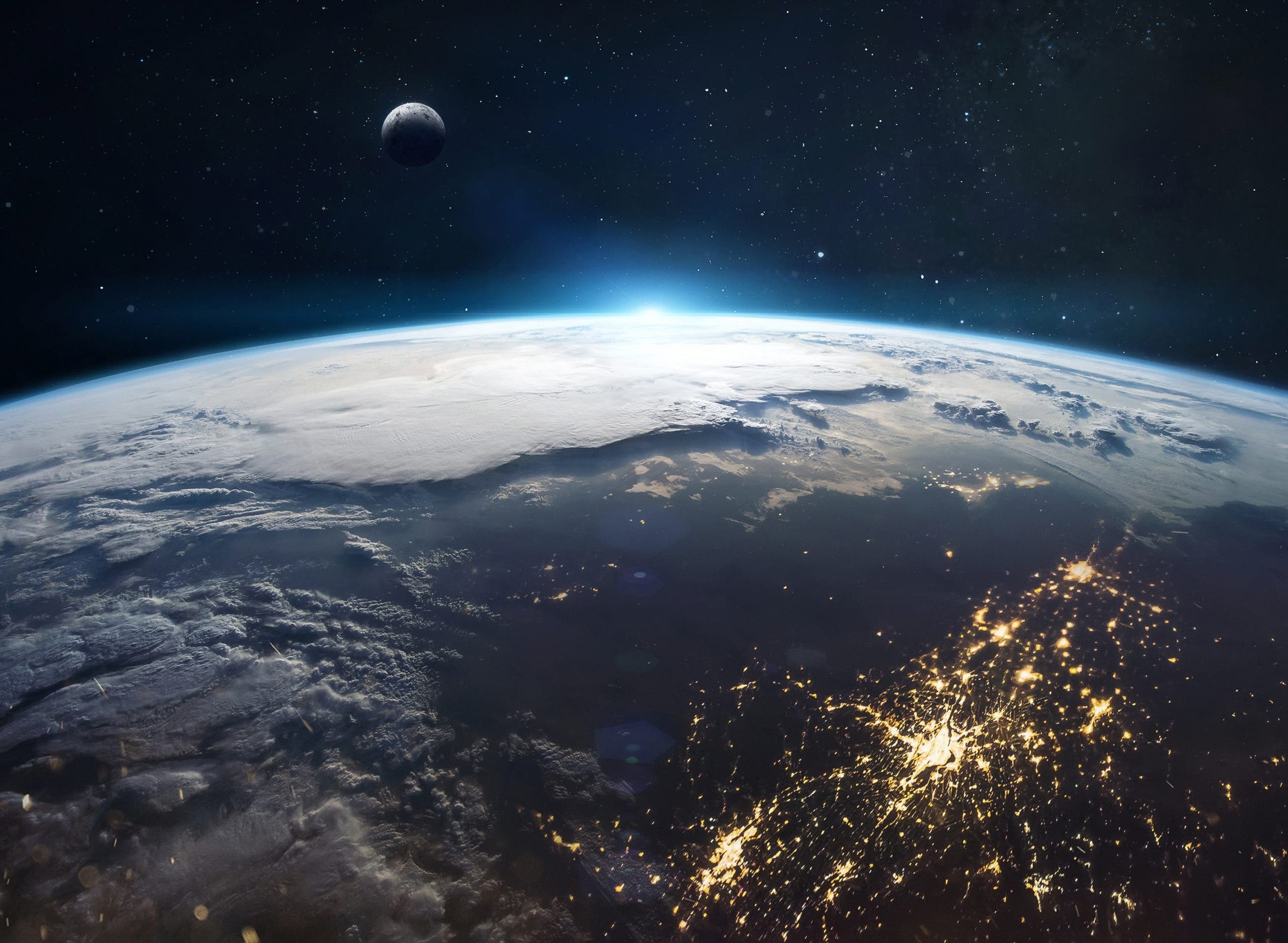
Today’s stories include ‘Pale Blue Dot’ planets like Earth may only account for 1% of potentially habitable worlds All lands on Earth are merging into a new supercontinent Why Does Time Go Forwards, Not Backwards? and much more.
“Pale Blue Dot” planets like Earth may only account for 1% of potentially habitable worldsreports Keith Cooper for Space.com – “Maybe we need to look for ‘bright yellow dots’ instead.”
All countries on earth are merging into a new supercontinent. “It will only take 300 million years,” reports Futurism of the new landmass Amasia, closing the Pacific Ocean in the process.
Discoveries about human evolution in antiquity win 2022 Nobel Prize in Physiology or Medicine -Svante Pääbo’s work sequencing the DNA of Neanderthals and Denisovans, winner of the 2022 Nobel Prize in Physiology or Medicine, revealed a surprising admixture between human species, reports Scientific American.
Quantum entanglement wins 2022 Nobel Prize in Physics-The Nobel Prize in Physics was awarded jointly to Alain Aspect, John F. Clauser and Anton Zeilinger “for experiments with entangled photons, demonstrating the violation of Bell’s inequalities and pioneering quantum information science”.
Quantum entanglement: the “creepy” science behind the Nobel Prize in Physics reports Daniel Lawler for Phys.org. – “Even people with a physics degree struggle to understand it – and some still find parts “hard to swallow,” said Chris Phillips, a physicist at Imperial College London.”
Trio who proved quantum mechanics is really weird – and useful – honored, reports Science. New award winners do groundwork for the entire field of quantum information science.
“We have found a planet that shows us what the earth will look like in five billion years”-Astrophysicist Lisa Kaltenegger is looking for biomarkers on worlds beyond our solar system, reports El Pais. “I am fascinated that in our galaxy alone – the Milky Way – there are 40 billion habitable planets. And the universe has billions of galaxies. I’m often asked if there’s other life in the universe, and with these kinds of numbers, it would be a big surprise if we didn’t find it.”
2022 Nobel Prize in Chemistry for a new way of building molecules–Carolyn R. Bertozzi, Morten Meldal, and K. Barry Sharpless share the Nobel Prize in Chemistry for discovering a simple way to click together molecular building blocks, reports Josh Fischman for Scientific American.
Fireball from the edge of the solar system is not what astronomers expected, reports Science. A rocky object suggests that a distant cometary cloud also contains asteroids.
This is how life on Earth could have formed from thin air and water– When water droplets react with the air, things can happen that start life, reports PopSci.” The origins of the emergence of life on Earth remain a deep existential and scientific mystery. It has long been suspected that our planet’s numerous oceans may hold the key to the mystery. A new study by Purdue University scientists may take this idea a step further.”
Is theoretical physics broken? Or is it just hard?-If you don’t have enough clues to finish your detective story, expect your educated guesses to be wrong, writes Ethan Siegel for Big Think.
New study tries to explain the Mandela effect – the bizarre phenomenon of shared false memories – Fiona Broome recalled Nelson Mandela’s death in prison in the 1980s (he didn’t). Oddly enough, many people had the same false memory, reports Big Think.
Climate change could turn some blue lakes green or brown-“In the first global census of lake color, researchers estimate that about a third of Earth’s lakes are blue. However, should average summer air temperatures rise a few degrees, some of these crystal-clear waters could turn cloudy green or brown, the team reports in the Sept. 28 Geophysical Research Letters.”
Why does time run forwards and not backwards? asks BBC Future. “The arrow of time began its journey at the Big Bang, and when the universe finally dies, there will be no future or past. In the meantime, what keeps pushing time forward?”
Curated by the Daily Galaxy editorial team

The Galaxy Report newsletter brings you twice-weekly space and scientific news that may provide clues to the mystery of our existence and add a much-needed cosmic perspective to our current Anthropocene epoch.
Yes, sign me up for my free subscription.
Latest Galaxy Reports:
Extraterrestrial Life Unmistakably What Happens When China Makes First Contact?
References to Alien Life to A Galaxy 100 times the size of the Milky Way
Cracks in Einstein’s theory of gravity into a colossal shock wave larger than the Milky Way
Monster comet coming from Oort cloud to black hole apocalypse
Riddles from Stephen Hawking’s table on Why the Universe and Life Exist
Einstein’s criticism of NASA theologians prepare for contact with extraterrestrials
Stunning new multiverse theory on Milky Way dark matter asteroids
Mysterious expanding regions of dark matter are holograms of black holes

#Bright #yellow #dots #ahead #exoplanet #discovery #show #Earth #billion #years #Planet #Earth #Report


Leave a Comment